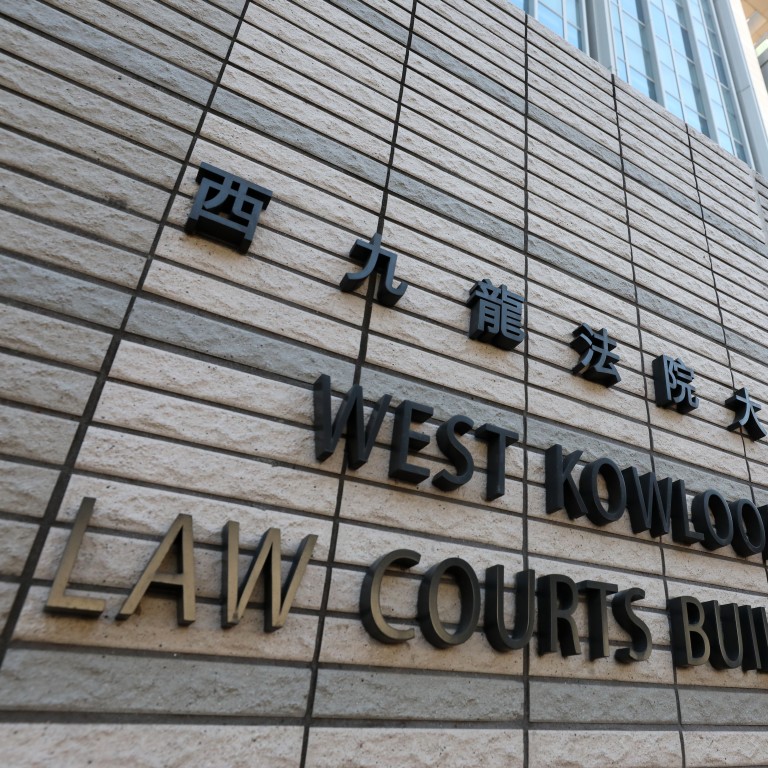
Family of elderly Hong Kong woman who died after house call to lodge another complaint as coroner rules doctor ‘unreliable’
- Relatives blame ‘careless and negligent treatment’ and plan to consult lawyers about seeking damages
- Coroner questions why Dr Szeto King-ho gave Lai Loi-heung, 75, an injection with potentially dangerous side effects
Relatives of a 75-year-old woman who died after a medical house call are planning to lodge another complaint against the doctor after a coroner found him an unreliable witness and returned an open verdict.
Coroner Wong Wai-kuen on Thursday summed up the inquest into the death of Lai Loi-heung in March 2016, but could not determine her cause of death because of a lack of objective evidence.
He offered condolences to Lai’s family and expressed hope for them to move on.
But Lai’s son, surnamed Kong, told reporters outside court that the family would lodge another complaint against Dr Szeto King-ho, a private doctor from Hong Kong Emergency Medicine Centre, and consult lawyers on the possibility of seeking damages.
Careless and negligent treatment took her life just like that
“I’m very happy that the coroner has severely criticised the doctor,” the son said. “We spent a lot of money on health care for my mother, but careless and negligent treatment took her life just like that.”
The Coroner’s Court previously heard that Lai had been receiving treatment for a number of illnesses, including kidney problems, rheumatoid arthritis and bronchiectasis – a long-term condition prone to lung infections.
On March 23, 2016, Lai complained of constipation, stomach pain and poor appetite. A house call was arranged – charged at HK$3,800 (US$486) – from Szeto.
The doctor administered an anti-vomiting injection, prescribed nine types of medications and instructed her daughter to turn on the heater because the Lai had cold limbs.
When the daughter attended to Lai just one to two minutes after Szeto had left, she realised that Lai had stopped breathing.
Lai was picked up by an ambulance and sent to Tseung Kwan O Hospital, where she was certified dead at 7.13pm.
An autopsy found she had died of pneumonia. Toxicology tests and blood samples were not conducted because experts had been unaware of the injection.
Hong Kong woman, 75, stopped breathing less than two minutes after doctor’s house call, court hears
In court, Szeto testified to recommending Lai be sent to hospital immediately because her condition was serious and not treatable at home. He claimed that the family had firmly refused treatment at public hospitals so he agreed to provide medication instead.
But the coroner found that Szeto was not an honest or reliable witness. The coroner also criticised his poor documentation, pointing out brief medical reports that recorded Lai as a stable “male” patient named “Lai Loi-hong” with “no no fever” and good vital signs.
Wong also found it unreasonable for Szeto to have reported Lai’s “chest is clear” despite knowing her condition of bronchiectasis. He questioned why the doctor’s recommendation for hospitalisation was not recorded.
More importantly, Wong noted that the reports did not explain why Lai was given an injection, especially one that has side effects that include stopped breathing, causing death.
Wong noted that the injection might have quickened Lai’s death following years of chronic illness – but he could not conclude on the causes since there was no objective evidence to further assist him.
Szeto could not be reached for comment.

